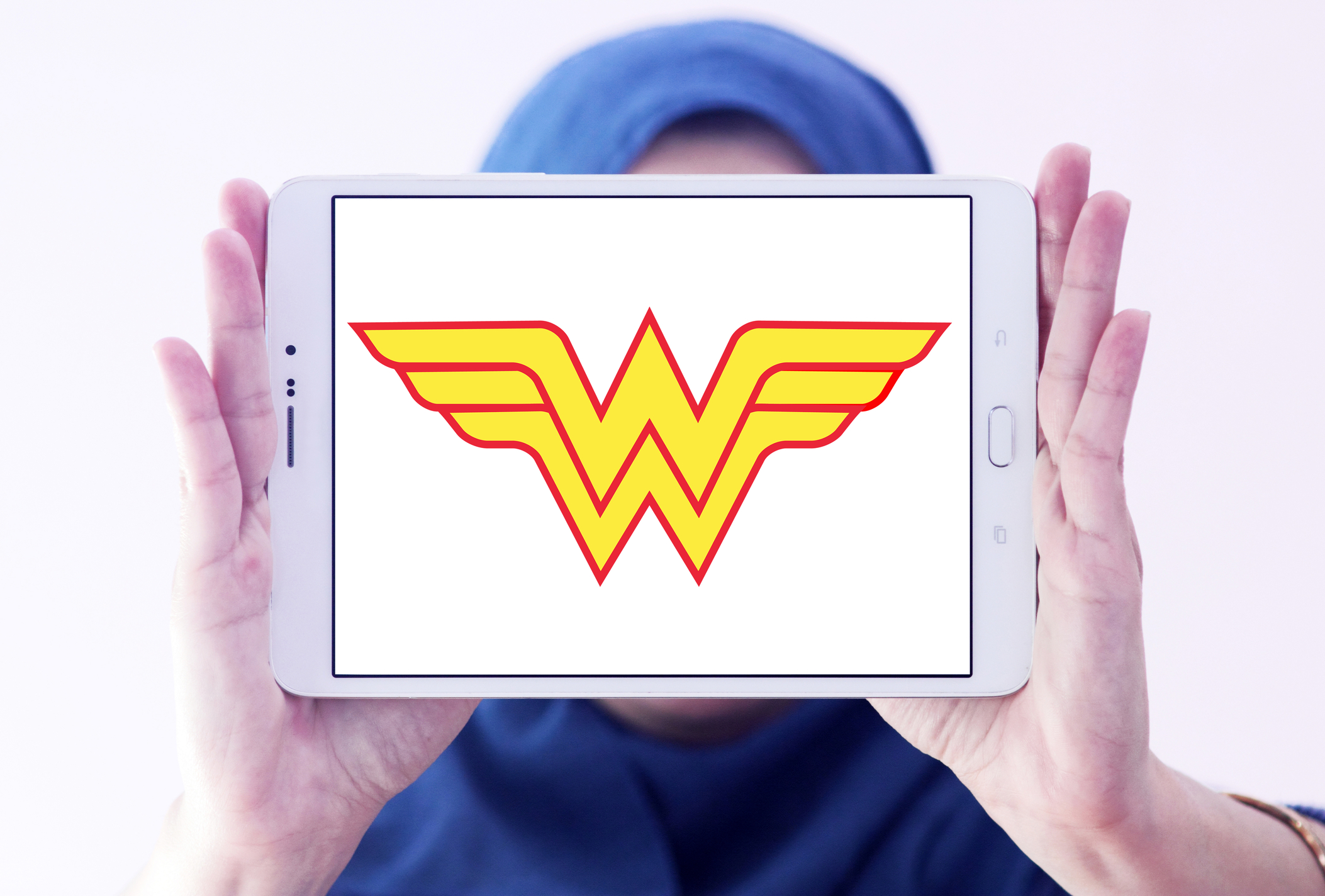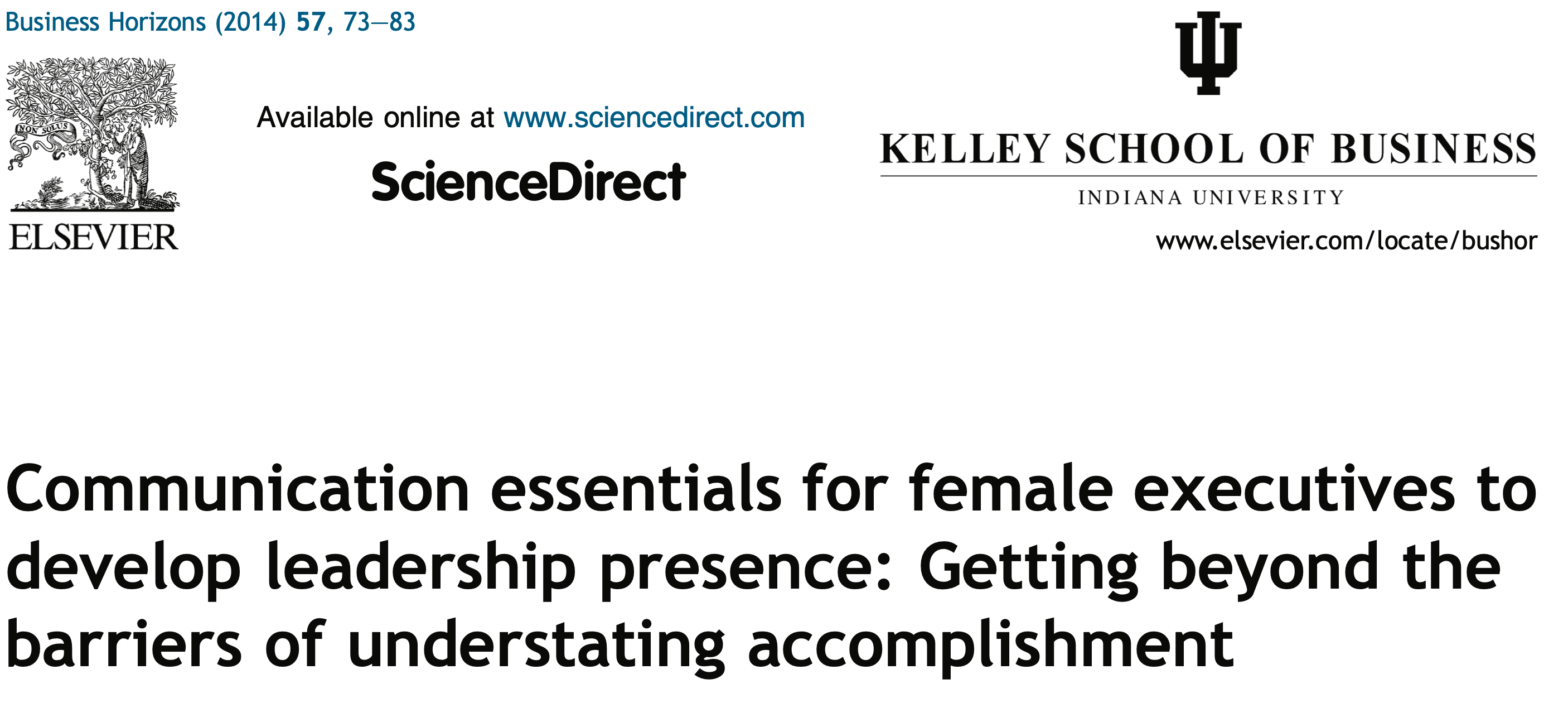5 Mar ChatGPT: When Your Technical Skills Are Eclipsed, Your Humanity Will Matter More Than Ever
That’s the title of an insightful article from The New York Times by Aneesh Raman and Maria Flynn. It states “A.I. could usher in a world of work that is anchored more, not less, around human ability.” As speech coaches, we can only respond with “Whew!”
Fascinated, we turned to A.I. and asked ChatGPT to summarize it. Here’s what we got:
The article discusses a significant shift in the skills valued in the economy, driven by advancements in artificial intelligence (A.I.). While technical skills have been highly sought after, they are increasingly susceptible to automation by A.I. On the other hand, “soft skills” such as communication, empathy, and critical thinking are becoming more crucial and durable in the workforce.
It highlights the need to rethink workforce training, moving away from an overemphasis on technical skills like coding and data analysis. Despite the current focus on technical education due to its perceived competitiveness in the job market, there’s a growing realization of the importance of human-centric skills.
The emergence of generative A.I. is expected to impact various professions, potentially affecting all types of work to some extent. As A.I. takes over routine tasks, it’s predicted that future job roles will focus more on collaboration and communication, emphasizing people skills.
The article emphasizes the need to recognize and prioritize human capabilities in the age of A.I., rather than succumbing to fears about job displacement. It stresses the importance of people skills in effectively working with A.I. systems and underlines the demand for such skills across industries.
Leaders across sectors are urged to develop new educational approaches that align with the evolving demands of the economy, placing equal importance on training in people skills alongside technical skills. This involves reevaluating the prioritization of science and engineering over humanities in education.
Employers are encouraged to invest in educating employees not only in A.I. tools but also in people skills and interpersonal collaboration. The shift towards valuing human potential alongside A.I. could lead to increased equity in the workforce and broader societal benefits.
Ultimately, the article suggests that the future economy will be characterized by a “relationship economy,” where people skills and social abilities are paramount. This shift calls for a reimagining of what is possible for humans, both individually and collectively, and underscores the importance of investing in and valuing human capabilities.
As speech coaches, we work on refining these tools. It’s about creating muscle memory and a good coach can help you build that.
You can find the article here: https://www.nytimes.com/2024/02/14/opinion/ai-economy-jobs-colleges.html
9 May Sometimes It Takes All Day To Get Nothing Done
In the past three years, we’ve had to look for creative ways to collaborate. We’re in the era of real-time virtual technology mixed with in-person meetings. It’s overwhelming. When we’re overwhelmed and spread too thin, we tune out and barely participate in one meeting as we often try to multitask.
Zoom, Teams, Slack, WhatsApp, and many others give us no reason not to collaborate on our day-to-day jobs. However, with so many meetings, are we really getting anything done?
Interestingly, a recent McKinsey survey found 80% of those leaders surveyed say they find themselves spending too much time in countless interactions that produce an overwhelming amount of information and drain their productive energy. They report making changes to reduce the number of non-collaborative meetings that could be done asynchronously or in a condensed timeframe.
One suggestion in this research for improving collaborative interactions is to categorize them into three types of communication:
Decision making – Major committee decisions, like an investment committee.
Creative solutions and coordination – Innovating/brainstorming for a new product or service.
Information sharing – One-way sharing: videos and two-way communication such as at Q&A sessions or Company Town Hall.
The common thread in all these is knowing your communication strengths and areas for improvement.
Having a good framework to hang your thoughts on when you collaborate in a meeting is crucial. We know that 65% of the time we are in virtual meetings, at least one participant is busy doing other things.
Frameworks for delegating, problem-solving, and giving feedback are just a few of the tools a good Coach or Team Leader will use to grow their team members. A good Coach can help you speak and lead with confidence. This is a driver for effective collaboration.
Read the study here:
https://www.mckinsey.com/capabilities/people-and-organizational-performance/our-insights/if-were-all-so-busy-why-isnt-anything-getting-done
6 Dec Mindful Listening in a Hybrid Work World
 This past year has been filled with loads of change. We have rapidly learned how to channel our energies to get our work done. There has been a lot of focus on doing, producing, participating, fulfilling deadlines, and creating content. The communication part of our work streams is still being fine-tuned. As a communication coach, I frequently tell clients that the capacity to maintain and establish trustworthy relationships is the key to success during this unique hybrid time. Raising self-awareness about the fact that many people have become multitaskers. So, it’s vital to realize that distraction is just a click away.
This past year has been filled with loads of change. We have rapidly learned how to channel our energies to get our work done. There has been a lot of focus on doing, producing, participating, fulfilling deadlines, and creating content. The communication part of our work streams is still being fine-tuned. As a communication coach, I frequently tell clients that the capacity to maintain and establish trustworthy relationships is the key to success during this unique hybrid time. Raising self-awareness about the fact that many people have become multitaskers. So, it’s vital to realize that distraction is just a click away.
One of the techniques we know makes a difference is active listening. Trusting relationships have a strong current of listening and feedback. Here’s an article about six methods to confidently demonstrate mindful listening and show you are present and involved in your interactions. As you read through, choose two that you can implement into your work interactions in the next 2 days. Creating a culture of communication in this new normal is how we navigate and continue to speak and listen with confidence.
https://mindfulnessexercises.com/what-is-mindful-listening/
7 Jun Being Present for Your Listeners
 To quote part of a song from the musical Hamilton, “I wanna be in the room where it happens….” Remember when we were in the same room with our listeners? We could get a sense of their energy, nonverbals, and actual interaction. This sort of feedback helped build our momentum in the moment.
To quote part of a song from the musical Hamilton, “I wanna be in the room where it happens….” Remember when we were in the same room with our listeners? We could get a sense of their energy, nonverbals, and actual interaction. This sort of feedback helped build our momentum in the moment.
Two years into this new form of daily communication, one that is separated by miles, time zones, and technology, connection and influence can feel out of reach. (more…)
7 Oct Calling all Wonder Women!
 As female leaders, we must stay current with strategies for communicating our confidence. So, here’s an exciting piece of research. As a Coach, I work with my clients to focus on the goal of speaking with confidence.
As female leaders, we must stay current with strategies for communicating our confidence. So, here’s an exciting piece of research. As a Coach, I work with my clients to focus on the goal of speaking with confidence.
The way we talk about our accomplishments can make or break us. So, here’s an interesting article to help keep perspective. The research focuses on identifying key female areas communicators can use to strengthen their effectiveness.
Be a business superhero in your skin and harness your tools speak with confidence.


 `
`